UKZN Guide
UKZN Workshop Explores The IsiZulu National Corpus
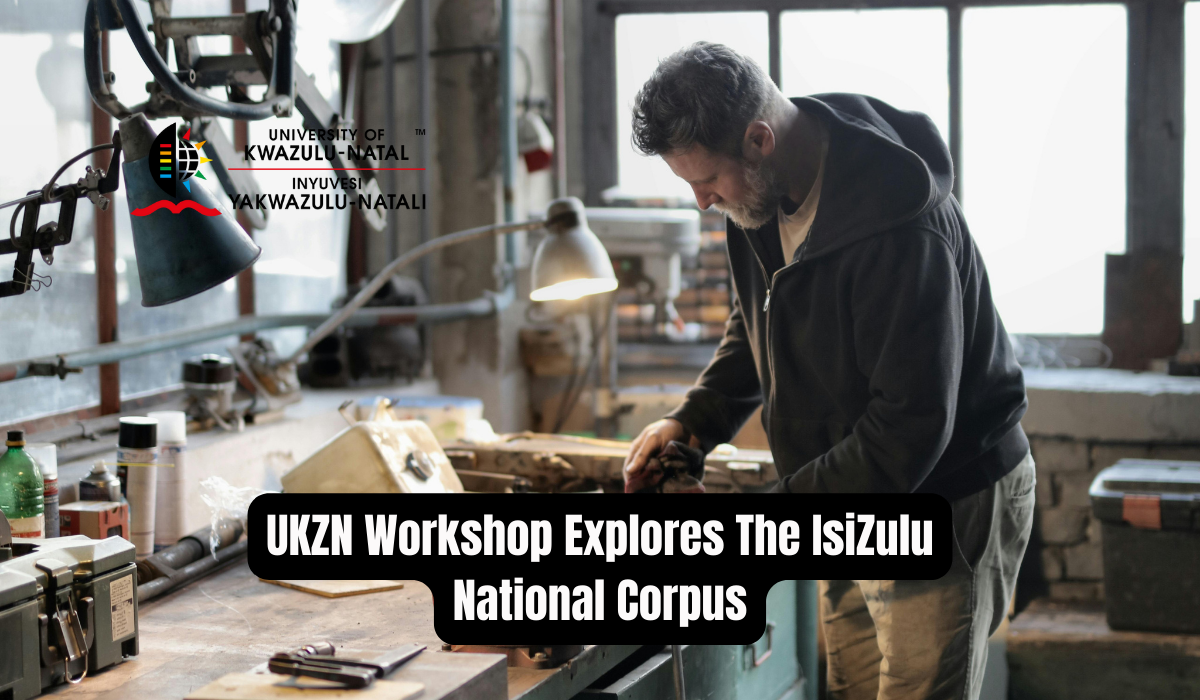
UKZN Workshop Explores The IsiZulu National Corpus. The University Language Planning and Development Office (ULPDO) recently hosted a two-day IsiZulu Corpus Workshop, drawing participants from various sectors including the KwaZulu-Natal Legislature.
The Department of Arts and Culture, eThekwini Municipality, Ukhozi FM, Isichazamazwi SesiZulu, language freelancers, retired language experts, and staff and students from the University of KwaZulu-Natal and the Durban University of Technology.
Read Also: UKZN Status Check Online
UKZN Understanding and Evaluating the IsiZulu National Corpus
Facilitated by Professor Elsabe Taljard from the Department of African Languages at the University of Pretoria, the workshop aimed to provide insights into corpus linguistics and to review the IsiZulu National Corpus (INC) – a significant collection of linguistic data developed by the ULPDO as a national resource.
UKZN Importance of Corpus in Language Development
Welcoming guests, Professor Nobuhle Hlongwa, Dean and Head of the School of Arts, highlighted the pivotal role of a corpus in the intellectualization of African languages. She emphasized the importance of the INC as a cornerstone for developing dictionaries and advancing linguistic research.
UKZN Key Insights from the Workshop
Professor Taljard delineated the nature and applications of a corpus, emphasizing its distinction from a term bank and identifying different types of corpora. She underscored the INC’s potential in various linguistic domains and urged for enhanced visibility and accessibility.
Conclusion
In his closing remarks, ULPDO Acting Director, Mr. Khumbulani Mngadi, acknowledged the workshop’s significance in addressing the underutilization of the corpus. He outlined ULPDO’s commitment to intellectualizing African languages through various development pillars, including the INC, terminology development, research, literature, and human language technologies.
-

 UKZN Application8 months ago
UKZN Application8 months agoUKZN Application Pending Status Check
-
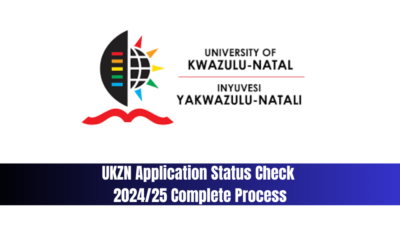
 UKZN Application8 months ago
UKZN Application8 months agoUKZN Application Status Check 2024/25 Complete Process
-
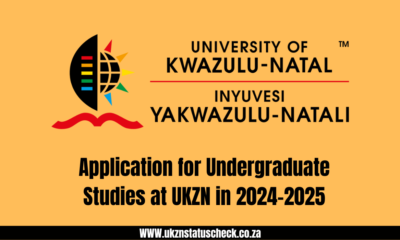
 UKZN Application6 months ago
UKZN Application6 months agoBridging Courses 2024-2025 at UKZN
-

 UKZN Application8 months ago
UKZN Application8 months agoUKZN Status Check and Accept Offer Complete Guide
-
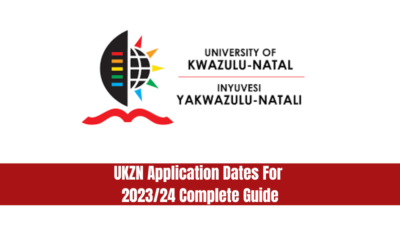
 UKZN Application8 months ago
UKZN Application8 months agoUKZN Application Dates For 2023/24 Complete Guide
-
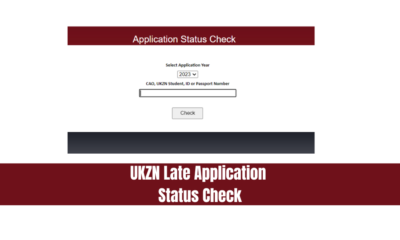
 UKZN Application8 months ago
UKZN Application8 months agoUKZN Late Application Status Check – A Comprehensive Guide
-
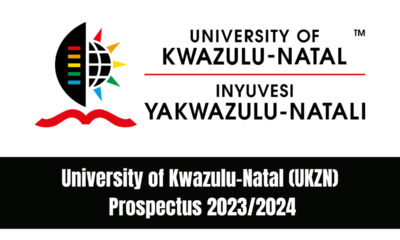
 UKZN Application6 months ago
UKZN Application6 months agoUniversity of Kwazulu-Natal (UKZN) Prospectus 2023/2024
-
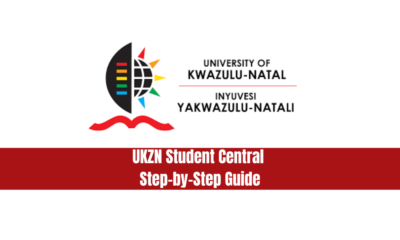
 UKZN Guide8 months ago
UKZN Guide8 months agoUKZN Student Central Step-by-Step Guide










